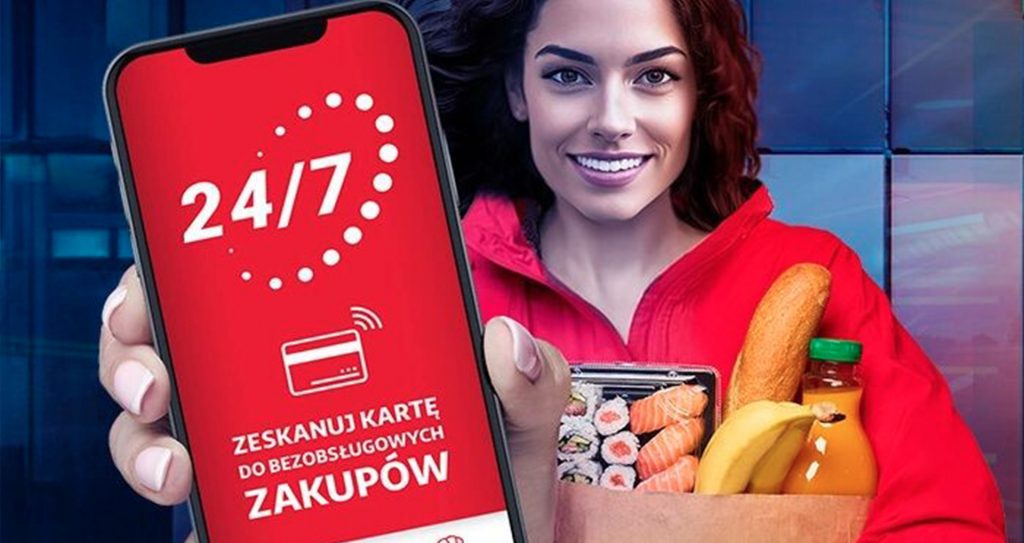How Leaders Can Find Disruption Opportunities In Their Industry
“Disruptors don’t have to discover something new; they just have to discover a practical use for new discoveries.” — Jay Samit
What is disruption, really? And what roles do innovation and technology play in it? Though the term “disruption” has been transformed to include practically any brand, product or technology that does something differently from how it’s been done before, true disruption focuses less on corporate goals and more on innovating to disrupt.
Innovative disruptive technologies are truly revolutionary. They reinvent — and sometimes invent — solutions one might describe as “better mousetraps.” Famous disruptors Airbnb, Apple, Netflix and Twitter respectively disrupted the hospitality, technology, entertainment and news industries. Along the way, they changed the way we live and how we view the world.
Are All Innovative Disruptors Alike?
Is there a secret sauce for true disruption? Not really. Though every innovator disrupts in their own way, most do it by harnessing new technologies, developing new business models and exploiting old technologies in new ways — upending their industries and overthrowing established market leaders.
Innovative disruptors do share some common traits:
They understand consumer trends before they become fashionable. In the personal photography sector, Fuji had its ear to the ground; Kodak did not.
They tend to focus on smaller markets (paywall) over expansion and profits. They provide particular market segments with a unique something they love that makes life much better. Twitter began as a niche community where people exchanged short messages with friends and family. Now it’s a vast information network and, for many people, a go-to news source.
They tweak business models to support their innovations. Netflix didn’t burst on the scene as a home-streaming provider. It evolved from mailed DVDs to rental kiosks and, ultimately, an online entertainment platform. Along the way, its business model changed several times to entice customers to embrace its on-demand platform rather than head out to the video rental store.
They motivate hard-core fans to carry them into the mainstream. Are there any more rabid fanatics than Apple ones? Apple fans don’t just like the brand’s products, they love them with a passion few companies manage to inspire. How did the industry giant do it? By innovating existing technologies and using a psychological approach to sales that tapped into people’s desires.
What Disruptive Technologies Have In Common
All disruptive technologies significantly alter the way people live or businesses operate. Contemporary examples include ride-hailing apps like Lyft and Uber (though some argue Uber doesn’t meet disruptor guidelines), e-commerce sites like Amazon and Shopify, and 3D printing.
Other industries transformed through innovative technologies are software (think Salesforce) and retail, which uses everything from facial recognition to virtual reality and robotics to enhance and improve customer experiences.
No matter what the sector, all disruptive technologies have five things in common:
- They live side by side with existing technologies, removing silos and changing established processes.
- They’re seamless and easy to adapt to as if nothing changed substantially.
- Multiple departments can quickly adopt them.
- They generate revenue.
- They reduce costs while preserving functionality.
Let’s look at three current disruptive technologies that are vastly dissimilar but share these traits.
Video Streaming
Netflix set the standard, but two decades later we have other streaming sites such as Hulu, Prime Video, YouTube and HBO. Platforms like Google Play, iTunes and Vudu let you rent movies and TV shows. Redbox offers both online streaming and kiosk DVD rentals. All these innovative streaming services rose from the bottom of the market to become low-cost ways for people to do what they’ve been doing for decades: watching shows and movies at home. These providers are also changing the way entertainment is produced. They’ve devised new content production models and started their own production companies to create content for their sites.
Software
Just as Netflix transformed the way people enjoy entertainment, Salesforce is considered the ultimate disruptor in software. Its vision to bring software to the cloud suddenly made software available anywhere, anytime, over a global cloud computing infrastructure. Salesforce’s SaaS solution is easy to use and has been successfully adopted by sales, marketing, and financing teams at major players like Spotify, Amazon Web Services and U.S. Bank. Companies no longer need to pay for bulky, expensive and complicated physical solutions that need constant updating. The software also improves customer retention and boosts revenue by ensuring each potential lead is nurtured to maximize sales potential.
Retail Tech
Retail might be a newer arrival to the digitization party, but its digital efforts are now accelerating much more rapidly than people realize. Technological changes are a direct reflection of changes in customer preferences and behaviors. Customer service automation, voice shopping and payments, and automated checkout are offering people a faster and easier way to shop, and retailers are using existing technologies like in-store cameras and predictive analytics to give customers the seamless, frictionless experience they want.
Finding Openings For Disruption In Your Industry
As a startup leader working to disrupt retail tech, I’ve learned a lot about what it takes to change an industry. Others looking to do the same need to:
- Understand the difference between being a challenger and a disruptor. Netflix, Uber and Apple all began as challengers but in time became disruptors and leaders. For challengers, the germ of disruption must live in the business plan.
- Accept it takes ongoing innovation and steadfast leadership to retain disruptor status.
- Develop a disruptive mindset by holding a positive view of change and enjoying the process of upsetting the status quo.
Disruption isn’t just doing things differently to get the same results. If you want to change the world, you have to change your and other people’s minds and the way things are done. It requires looking at the “set in stone” practices in your industry and finding ways to redefine the art of the possible. In other words, aim to disrupt and be bold about it.










